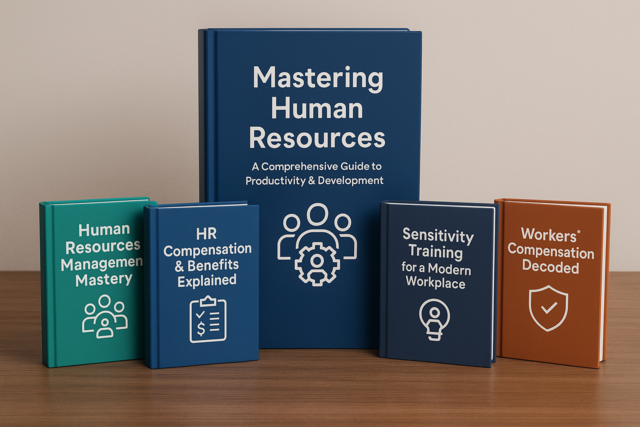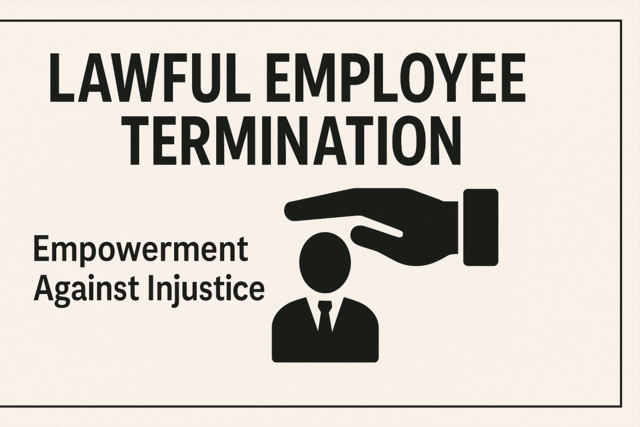Business Budgeting 101: How to Plan, Save, and Manage
Learn the Fundamentals of Money Management for Business!

4 Hours average completion time
0.4 CEUs
11 Lessons
16 Exams & Assignments
69 Discussions
11 Videos
13 Reference Files
97 Articles
Mobile Friendly
Last Updated January 2026
Comprehensive Course on Business Finance: From Budgeting to Profit Maximization
In today's rapidly changing business environment, mastering the art of business finance is more important than ever. If you're looking to equip yourself with cutting-edge financial skills, our comprehensive course is tailor-made for you. Dive deep into business budgeting, understand profit trends, identify areas of cost-cutting, and navigate the complexities of cash flow, all while learning to maximize profitability.
Course Overview:
- Business Budgeting:
- Introduction to key components of a business budget.
- Learn how to instill fiscal discipline without overburdening your team.
- Example: A case study on how Company X transformed its financial standing by revamping its budgeting approach.
- Cash Flow Dynamics:
- Delve into the nuances of short-term and long-term cash flows.
- Understand their impact on Profit & Loss statements.
- Example: A real-world analysis of a company's cash flow adjustments and its ramifications on their profit sheets.
- Effective Cost-cutting & Business Savings:
- Identify conventional and innovative areas for potential savings.
- Engage and motivate employees in cost-saving initiatives.
- Example: How Company Y boosted its profits by involving employees in innovative cost-cutting solutions.
- Navigating Payroll Budgeting:
- Get acquainted with payroll budgeting fundamentals.
- Discover both mainstream and innovative payroll management techniques.
- Example: A comparative analysis of traditional vs. contemporary payroll budgeting practices.
- Strategizing Tax Management:
- Key tactics to optimize your company's tax budget.
- Example: A deep dive into how renowned firms save millions in taxes through effective planning.
- Crafting a Stellar Business Plan:
- Importance and components of a compelling business plan.
- Techniques to ensure your business plan is persuasive and actionable.
- Example: An examination of a start-up's business plan that secured massive funding.
- Deciphering Profit & Loss Reports:
- Unpack the essentials of Profit & Loss reports.
- Crucial insights every business manager should grasp.
- Example: A detailed walkthrough of a P&L statement, highlighting key takeaways for managers.
- Maximizing Profit Margins:
- Explore popular theories and practices to ensure consistent profitability.
- Tips on maintaining positive financial health.
- Example: Strategies employed by Fortune 500 companies to guarantee their profit margins.
- Balance Sheets & Business Cycles:
- Grasp the significance of balance sheets in decision-making.
- A brief introduction to the business cycle and its influence on businesses.
- Avoiding Financial Pitfalls:
- Learn to foresee and rectify common financial missteps.
- Example: An analysis of financial blunders made by big corporations and lessons learned.
- Optimizing Company Savings:
- Harness the collective intelligence of your team for company-wide savings.
- Incentivize sales and staff members effectively without negating savings.
- Example: Innovative reward systems that promote savings without compromising on employee morale.
Course Breakdown:
Each lesson in the course is meticulously designed, offering a balanced mix of theoretical knowledge, real-world examples, and practical applications:
- Assignments: Engaging tasks that reinforce learning.
- Exams: Assessments to gauge understanding and retention.
- Netlinks: Relevant links that provide additional resources and reading.
- Polls & Surveys: Interactive tools to gather opinions and feedback.
- Documents: Supplementary materials to enhance comprehension.
With this course, you're not just learning; you're preparing to make informed financial decisions that can propel your business to new heights. Join us on this enlightening journey and redefine your financial acumen.
- Analyzing profit and loss reports
- Maximizing profit margins
- Interpreting balance sheets
- Innovative cost-cutting strategies
- Understanding cash flow impacts
- Budget formulation and management
- Payroll budgeting techniques
- Tax management optimization
- Leveraging reward-based savings strategies
- Crafting compelling business plans
- Identifying financial pitfalls
-

Preventing Workplace Harassment
-

Recruitment and Retention Strategies
-

Human Resources Productivity Course Bundle
-

Memory Improvement
-

Lawful Employee Termination
-

Strategic Planning
-

Managerial Accounting 101
-

Small Business Guide
-

Human Resources Management
-

Team Building 101
-

Investing 201: Intro to Commodity, Options, and Futures Markets
-

Global Anti-Corruption and Bribery
-

Report Writing 101
-

Kaizen 101 - An Introduction
-

Workplace Violence: A Guide to Responding and Preventing
-

Respectful International Workplace
-

Purchasing and Vendor Management 101
-

The Modern Travel Agent
-

Management Consultant 101
-

Business Management
-

Business Branding 101
-

Business Administration 101
-

Operations Management 101
-

The Professional Waiter: Learn Elite Table Service
-

Management Essentials
